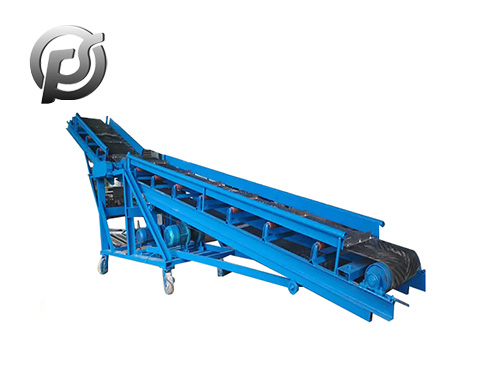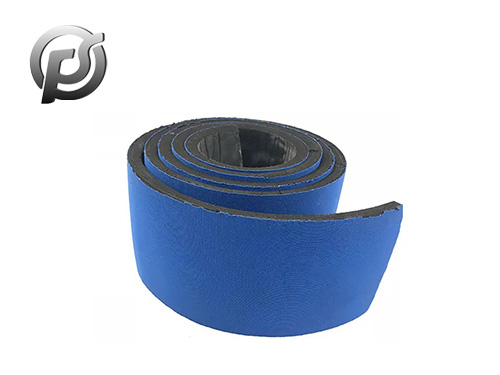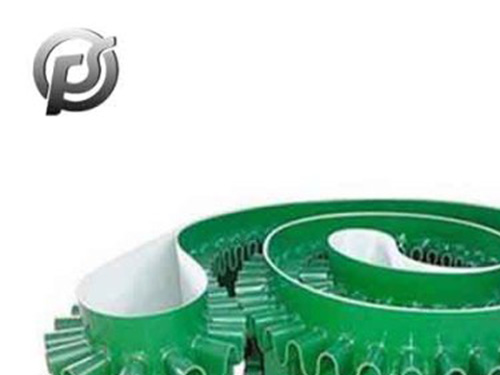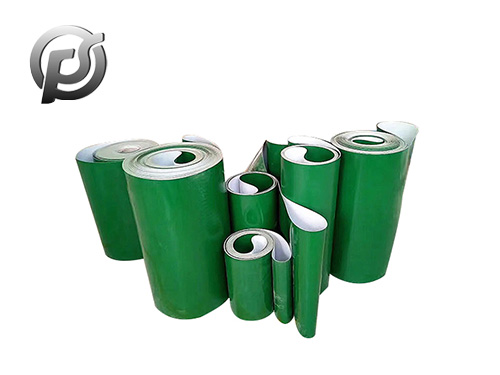Conveyor belt for grain a crucial role in the grain industry, providing an efficient and reliable means of transporting grains within various processes. Here are several advantages of using conveyor belts for handling grain:
Efficiency and Speed:
Conveyor belts facilitate the rapid and continuous movement of grain, ensuring efficient handling and processing. This is particularly important in large-scale agricultural and industrial operations where high throughput is essential.
Reduced Labor Costs:
Automation through conveyor systems helps reduce the need for manual labor in the transportation of grain. This not only lowers labor costs but also minimizes the risk of injuries associated with manual handling.Precise Material Handling:
conveyor belt for grain are designed to move materials with precision and consistency. This ensures accurate delivery of grains to various processing stages, helping maintain quality and consistency in the final product.
Flexibility in Layout:
Conveyor systems can be designed to fit various layouts, including straight lines, curves, and inclines. This flexibility allows for efficient use of space in different types of facilities, adapting to the specific requirements of the grain-handling process.
Gentle Handling of Grains:
Many conveyor systems are designed to handle grains gently, minimizing damage to the product. This is particularly important for sensitive grains or seeds where maintaining product integrity is crucial.
Customization Options:
Conveyor systems can be customized to meet specific requirements of the grain-handling process. This includes the choice of belt material, speed control, and the ability to integrate features such as weighing systems or sorting mechanisms.
Continuous Operation:
Conveyor belts enable continuous operation, reducing downtime and ensuring a constant flow of grains throughout the production or storage facility. This is important for maintaining efficiency and meeting production schedules.
Environmental Benefits:
Conveyor systems can contribute to environmental sustainability by optimizing energy efficiency and reducing waste. Modern conveyor technologies often incorporate energy-efficient motors and controls, and they can be designed to minimize spillage and dust generation.
Hygiene and Safety:
Conveyor belts can be designed with materials that meet hygiene standards, making them suitable for the handling of food-grade grains. Additionally, conveyor systems can be equipped with safety features such as emergency stops and guards to enhance workplace safety.
Integration with Other Equipment:
Conveyor belts can be easily integrated into a larger automated system, allowing seamless connectivity with other processing equipment. This integration enhances overall process efficiency and streamlines the flow of materials through the entire production line.
In summary, conveyor belts provide numerous advantages in the grain industry by offering efficiency, precision, customization options, and environmental benefits. Their role in modern agricultural and industrial processes is integral to optimizing productivity and ensuring the reliable movement of grain from harvest to processing and storage.


 PE Conveyor Belts: Characteristics, Applications, and Advantages
PE Conveyor Belts: Characteristics, Applications, and Advantages
 Stone Conveyor Belt: Enhancing Efficiency and Productivity in Material Handling
Stone Conveyor Belt: Enhancing Efficiency and Productivity in Material Handling
 Optimizing Operations with PE Conveyor Belts: Durability, Efficiency, and Versatility
Optimizing Operations with PE Conveyor Belts: Durability, Efficiency, and Versatility